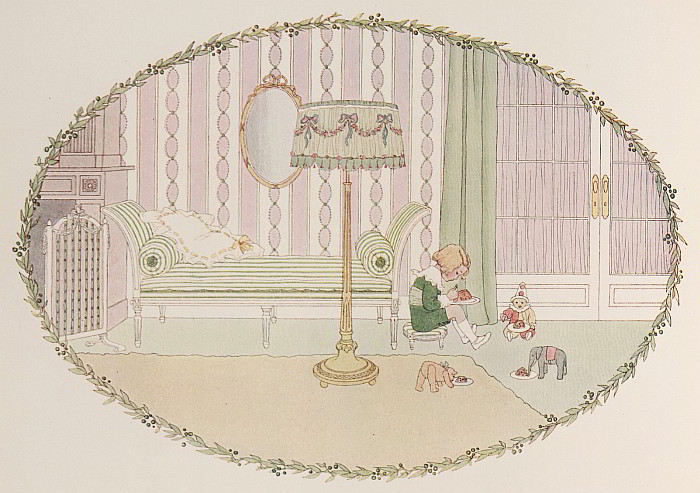Students of the piano, particularly those who have had some more formal training or lessons at some point, will likely be familiar with the concept of musical scales.
They may well have been drilled to practice these at every opportunity, to the point of boredom and fatigue.
So why exactly should pianists learn, play and practice musical scales? What is the benefit and should you do it?
Here are just a few reasons.

1. Improves Technique
Scales are a form of physical exercise for pianists, which can be used to develop playing technique, rhythm, finger dexterity and strength, and hand positioning.
Scales generally require the musician to cover a wide range of predefined notes across the instrument, one or two handed, in the same or contra direction, and so help to provide a solid head and physical understanding of the layout, feel and sound of the piano.
2. Develops Aural Skills
All scales in a particular ‘set’ (e.g. major, melodic minor, harmonic minor, natural minor, and so on) conform to a particular pattern of notes and intervals between those notes. The knowledge and playing of these helps to develop a sense of relative pitch as well as training your ear to recognise intervals and chord progressions.
3. Brings Understanding of Music Theory
Music theory may seem boring but it provides a solid grounding in the fundamentals of music, which in turn allows for a greater appreciation and ability to play various styles of music. Scales (within particular key signatures) are a significant and important part of this knowledge.
It is good for the musician to learn and commit to memory each key signature and its associated scales. Musicians generally find that by doing this they are better prepared to play both new and existing pieces of music with greater confidence and precision.
4. Builds Muscle Memory
Muscle memory is the ability to perform certain physical tasks without having to make a conscious effort to do so. It tends to occur after much repetition of a certain task, particularly one which may have required effort and concentration to execute well at first.
Musical scales are repetitive by nature, but in playing them the musician gradually trains their brain to play them increasingly without the need to think deeply about the correct notes to play, the fingering required, and overall technique.
5. Enhances Creativity and Improvisation
Certain styles of music in particular rely upon an ability to improvise or add personal creativity to a standard set of chords in a given key signature.
Understanding, learning and being able to play scales confidently is generally the only way to be successful at this. Even musicians who seem to have a natural talent for this will still have an innate knowledge of scales and be able to play around them with ease.
A good knowledge of music theory can also make music composition easier, as well as the sharing of ideas with other musicians.
6. Develops an Appreciation of Different Musical Styles
There are a number of different scale types, and although you don’t necessarily need to know them all, it is worth understanding how certain scales are used more frequently in other styles of music. For example, the pentatonic scale use in blues music or octatonic used in jazz and modern classical music.
7. Vital Preparation for Exams
If you ever intend to sit formal musical exams, either theory or practical, then the knowledge of and ability to play scales is a necessity.
While this may not apply to everyone, it’s still worth investing the time in getting to grips with key signatures, scales and notes.


